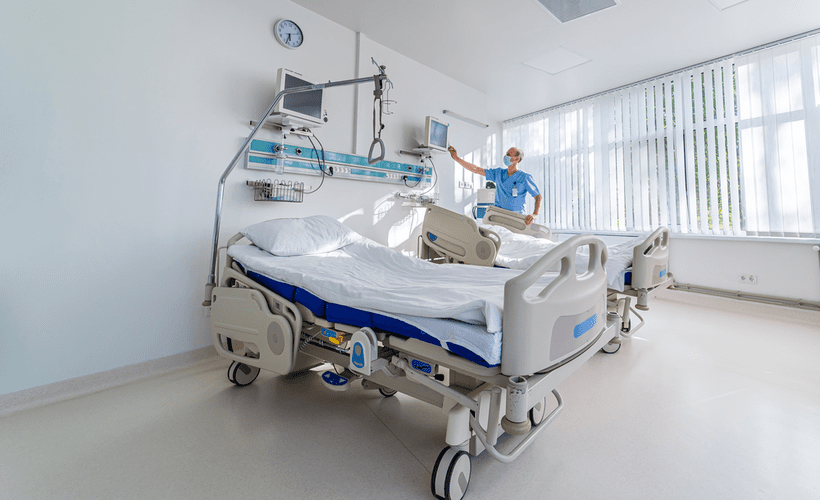Content
If “practising good sleep hygiene” sounds a little too clinical, think about it like this. Create a relaxing wind-down routine before bed, and don’t be afraid to switch up your tactics to find out what works best for you. When using alcohol, the longer you go without it before going to bed, the better your sleep will be. One study on the topic recommends abstaining from alcohol six or more hours11 before going to sleep for the best results. Any amount of alcohol can disrupt sleep; however, the more you drink, the more your sleep will be disrupted.
Keeping a sleep journal can help track what helps and what doesn’t. When you nap, you’re not getting into the full resting state that sleep gives sober house you. Napping will make getting a good night’s sleep much more challenging. When I quit drinking, I was prescribed a benzodiazepine called Ativan.
Can Holistic Therapies Ease Your Trouble Sleeping Without Alcohol?
Another excitatory neurotransmitter whose activity is altered by alcohol and which may contribute to withdrawal symptoms is noradrenaline. Noradrenaline activity is enhanced during alcohol withdrawal (Hawley et al. 1985), which likely contributes to increased arousal during the early withdrawal phase. Polysomnographic analyses found that some sleep abnormalities can persist for 1 to 3 years after cessation of alcohol consumption (see table 2). Two other indicators of sleep fragmentation (i.e., brief arousals and REM sleep disruptions) also persisted throughout 21 months of abstinence (Williams and Rundell 1981). Although sleep latency appeared to normalize by 5 to 9 months of abstinence, total sleep time took 1 to 2 years to return to normal levels (Adamson and Burdick 1973; Drummond et al. 1998). In addition to psychiatric comorbidity, such as depression, researchers have identified other variables that can influence sleep measures in recently abstinent alcoholic patients.
In general, stop drinking alcohol three to four hours before bed to give your body enough time to get it out of your system. You can check the RISE app for your individual alcohol cutoff time each day for a more accurate https://www.healthworkscollective.com/how-choose-sober-house-tips-to-focus-on/ time. For example, the relationship between binge drinking and insomnia may be driven in part by smoking. Smokers have shorter sleep times, take longer to fall asleep, and have more disordered breathing.
You wake up more often after a few drinks
The best way to support lasting recovery is to live an all-around healthy lifestyle. This includes exercising, eating healthy, and incorporating holistic therapies into your routine. When a man has five drinks, and a woman has four drinks within two hours, it is called binge drinking. A study on insomnia and binge drinking shows people who binge drink twice a week are 84 percent more likely to have insomnia.







